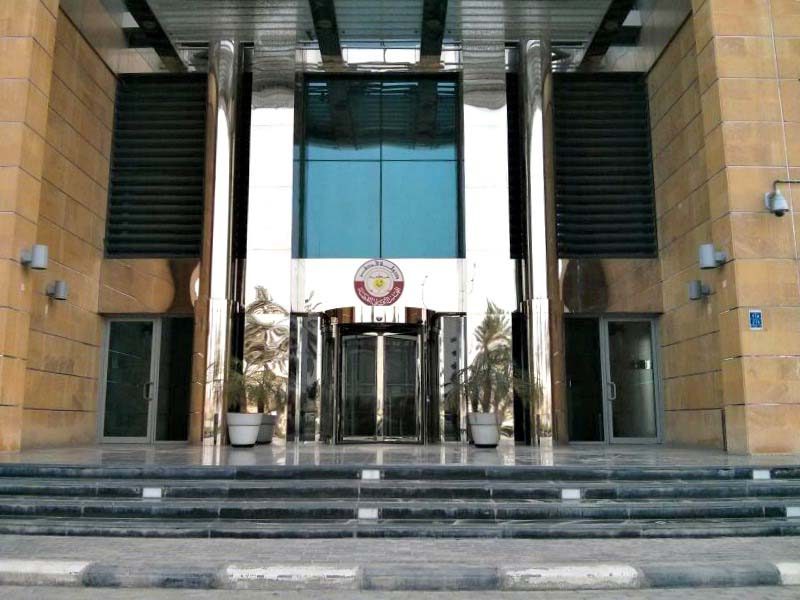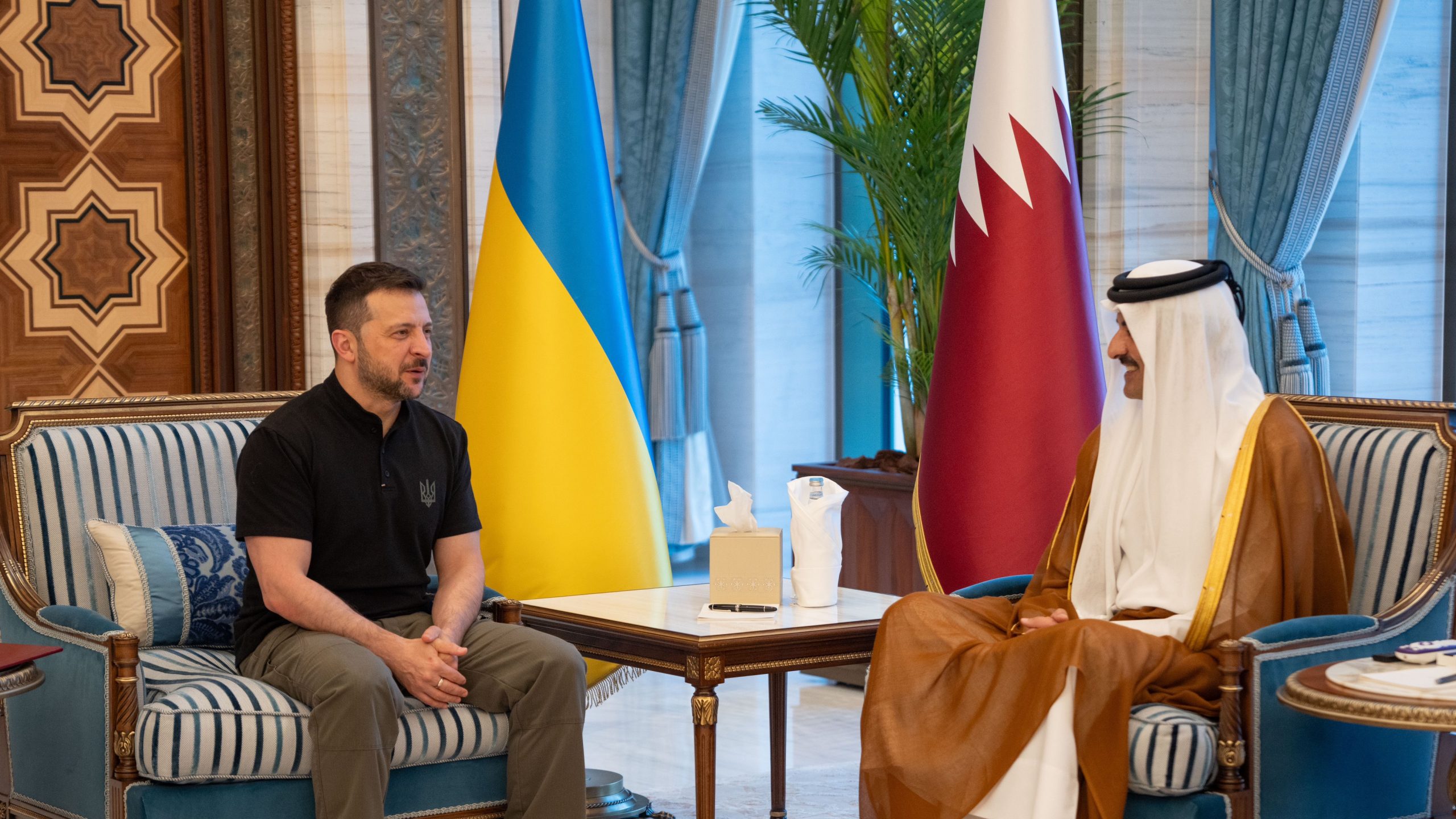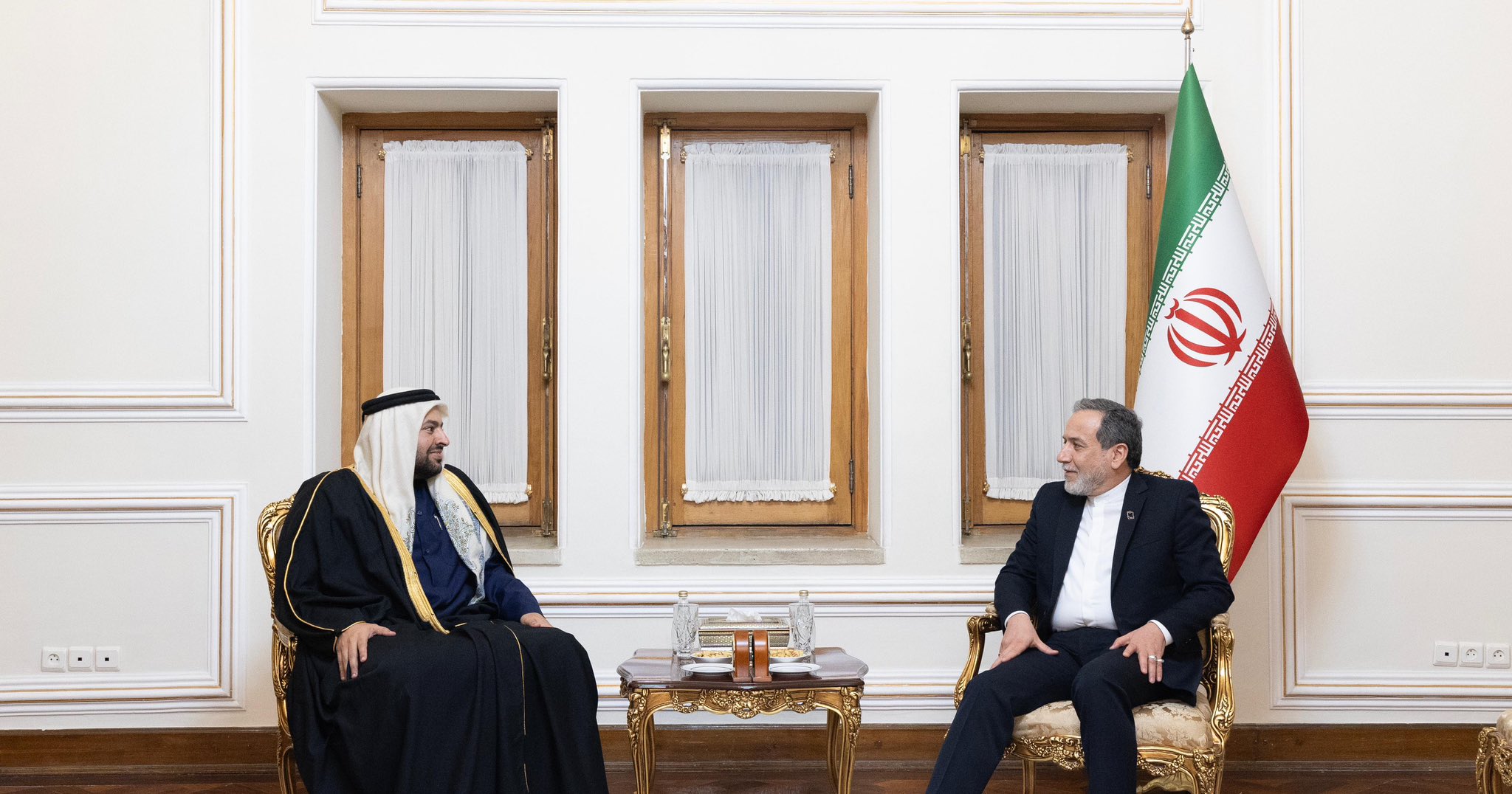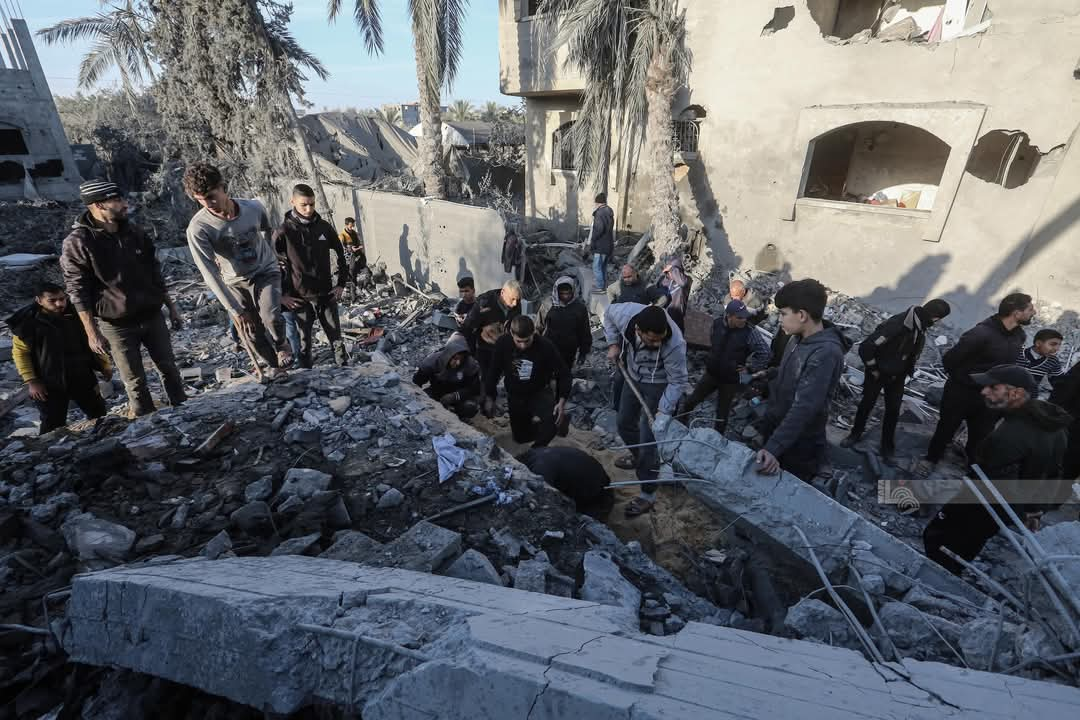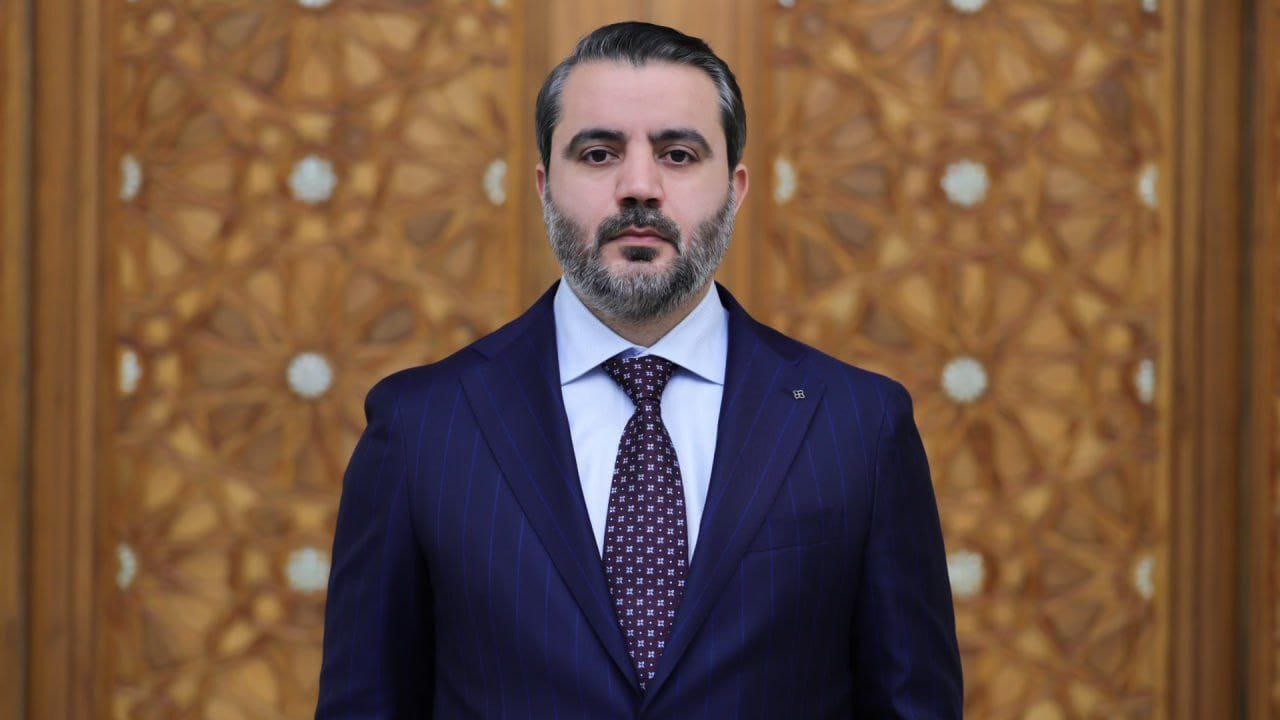
A Filipino man on death row in Qatar may have embezzled money from his company, but is not a spy, his lawyer told an appeals court yesterday.
Delivering his closing arguments, the defense attorney said a two-year investigation failed to produce any evidence connecting the man and his two co-defendants to espionage, beyond a confession that a human rights organization said was obtained under torture.
A criminal court convicted three men from the Philippines on espionage-related charges last year. One man, reported to be a lieutenant in the Philippines state security force who worked as a budgeting and contracting supervisor at Qatar Petroleum (QP), was sentenced to the death penalty.
The other two men – technicians working with the Qatar Air Force – were given life sentences in prison.
The exact nature of the allegations remains unclear.
Some reports suggest that the men passed along classified information about Qatar’s aircrafts, weapons and members of its armed forces to intelligence officials in the Philippines.
Others who have followed the case say the charges relate to economic secrets surrounding Qatar’s offshore oil and gas reserves that somehow ended up in the hands of foreign companies.
The Philippines government has denied it is involved in any spying activities in Qatar.

At an appeal hearing yesterday, the defense lawyer for the men said the only evidence connecting his clients to espionage was a confession “obtained under coercion and duress.”
The lawyer did not elaborate on the mistreatment claims.
However, over the weekend, Amnesty International alleged that the men were tortured. The human rights organization said one of the men was:
“…burned with cigarettes on his back and legs, stripped naked and forced to crawl around on the floor until his knees bled, and was frequently punched and slapped. He was then forced to sign a document in Arabic, which he could not read, that was later presented in court as a ‘confession.’”
The defense lawyer said yesterday that the men were not involved in anything remotely resembling espionage, and that the only allegations of substance against the lead defendant is of corruption and embezzlement for personal financial gain.
Embezzlement
Also yesterday, the defense lawyer recapped the testimony of several investigators and other witnesses who appeared during the lower court trial. He said they failed to provide any evidence of espionage.
The lead defendant moved to Qatar in 1987 to work at the British Embassy before moving to state utility Kahramaa and then QP, where he oversaw tenders and contracts while at QP.
This meant he was privy to information that was shared with prospective contractors interested in bidding on the state-owned company’s projects, the lawyer said.
In 2010, allegations of financial misconduct involving a training program at QP surfaced, triggering an internal investigation, the lawyer said.
It concluded that the defendant was involved in embezzlement, but found no evidence of espionage, the lawyer said, citing testimony given by QP’s investigator during the lower court hearing.
Following yesterday’s hearing, the defense lawyer told reporters that the court has heard that prosecutors previously launched an investigation into the financial misconduct allegations.
That case is still open, the lawyer said, although he’s been unable to discern if it is still being actively pursued or has been shelved.
‘No proof’
It’s not clear what prompted state security officers to suspect the men were spies. The prosecutor remained silent during yesterday’s hearing and has not presented any arguments during the appeal trial.
The defense lawyer suggested the authorities became suspicious of the men’s motives after searching the lead defendant’s laptop and finding a photograph of the defendants holding firearms during a trip to the Philippines.
The investigation lasted more than two years before the men were arrested on espionage charges in 2010.
Despite monitoring the first defendant for an extended period, state security officers failed to produce any audio recordings, photographs or other evidence in court that he was a spy beyond his confession, the lawyer charged.
“It doesn’t make any sense. Even in lesser crimes, phones get tapped. Why was no proof submitted by this officer after two years of investigation?”
The lawyer also cited lower court testimony from a Qatar military officer, who said one of the other defendants held a relatively junior position as an air force contractor, where he would not have had access to sensitive or confidential information.

Furthermore, the information that the Filipino man is accused of leaking – such as the helicopter and airplane models purchased by Gulf countries – is publicly available on the internet, the military officer told the lower court, according to the defense lawyer.
He closed his arguments by asking that the three defendants be exonerated. If that’s not possible, he requested the court show the “utmost leniency.”
A verdict is set to be delivered at the next hearing, scheduled for May 31.
Thoughts?

